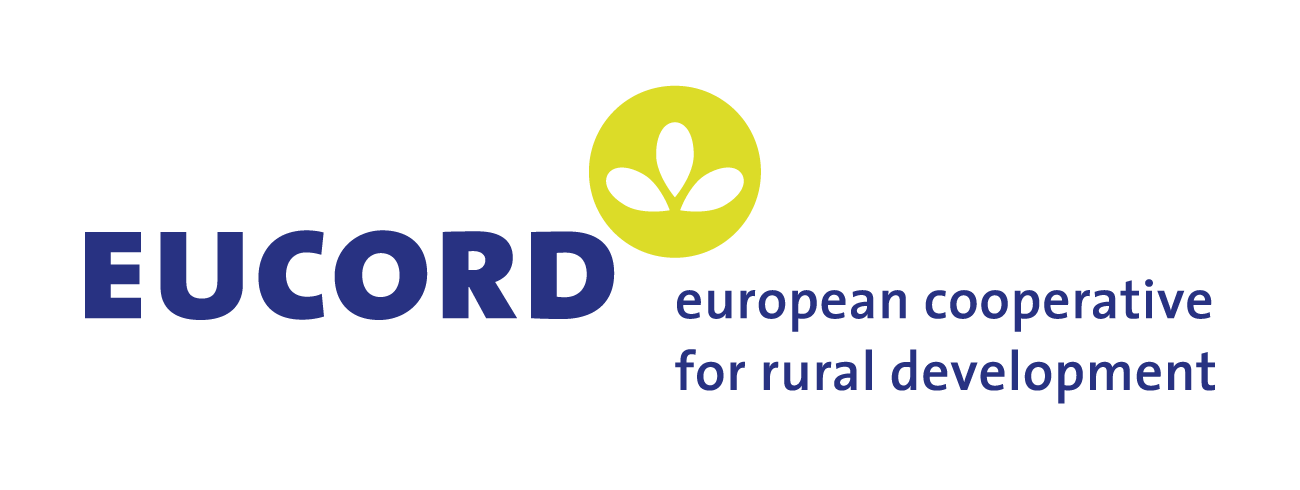Ghana, Mozambique & Nigeria, 2016
Client: IDH/Dalberg
What we did
The Sustainable Trade Initiative (IDH) commissioned EUCORD as an effort to improve the potential understanding of transforming cassava into an industrialized product in Africa. The focus of the market opportunities study was on three countries in particular: Ghana, Mozambique, and Nigeria. The study sought to identify the market size for industrialized processed cassava products, constraints to capitalizing on the industrial opportunities, and proposed recommendations to a range of stakeholders on how to overcome these constraints. In order to have a benchmark to compare the countries, Vietnam and Thailand were selected as they represent an industrialized cassava market, in which Thailand alone has 80% of the world’s global trade in 2010, while Vietnam has a growth rate of 39% per year in the value of exports from 2008 to 2012 and has become the second-largest exporter of cassava in the world.
Conclusions
The countries that were focused on in this study were at different stages of progress towards the industrialization of the cassava value chain. In Mozambique, the cassava sector is mostly oriented towards subsistence consumption due to a very limited formal or industrial use of cassava. Ghana’s sector has shown more commercialization to some extent, although supply volumes are still low. Nigeria has several commercial and industrial cassava businesses that function sustainably, but doesn’t present a well-developed export market such as the Thailand and Vietnam markets.
Some of the major constraints for generating opportunities for cassava are mainly present in the supply and demand relationships between farmers, primary processors, and end-users. These constraints form a cycle that drives low farm productivity, limited factory utilization, and generating low demand from end-users.
